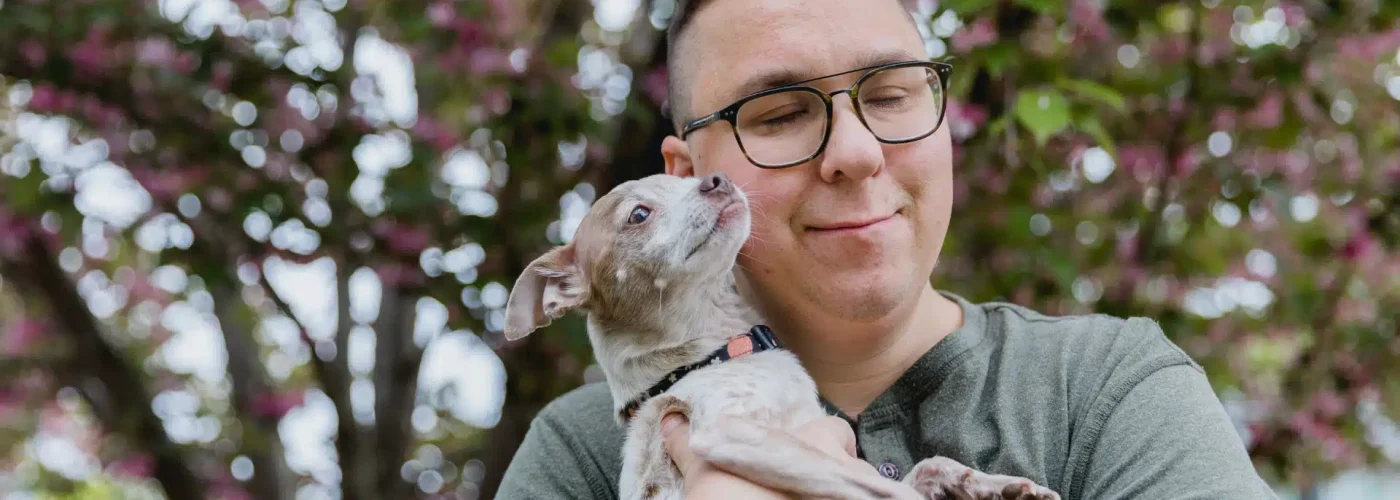There was a day I didn’t know.
I woke up with a knot in my chest. My neighbor laughed through thin walls. I smiled even when I didn’t feel like it. I spoke softly. I pushed myself to bend and hide all day.
My skin felt raw after too many talks. I asked myself: Was I just shy? Or was it something deeper?
I didn’t know then. I didn’t understand what level 1 autism was in adults. I thought only kids had autism. I thought everyone else felt the same way I did. I blamed myself over and over.
At work, I counted my emails. I practiced what (or what not) to say in meetings. I copied other people’s gestures. At home, I replayed the day. Did I say the right thing? Did I smile enough? Did I seem normal?
One night, I sat with a therapist. She asked me simple questions. I told her about my exhaustion after small talk, my need for routine, and the way I hid my feelings. She took notes. And she said these might be signs of autism.
I felt relieved. I felt fear. I wanted to know more. What did this really mean? What had I missed? What did others not see?
Why Do Adults Mask Level 1 Autism
I first heard the word “mask.” What does it mean? It means I hide parts of me. I stop my stimming. And I plan my conversations.
Masking makes me feel safe. It helps me avoid strange looks. It helps me meet social rules. But it leaves me tired.
A 2024 study by Evans, Krumrei-Mancuso, and Rouse found that adults who mask more feel more anxious, more depressed, and more burned out. They studied 342 autistic adults. They saw a clear link between masking and worse mental health.
So, masking has a price. Why do adults mask level 1 autism? Because if we mask well, people don’t notice. But the signs get lost.
I try small steps. I rest after social events. I find spaces where I can unmask. I talk with trusted people. I set boundaries: “I need quiet time.” “I may not reply fast.” These small changes help me.
How to Diagnose Level 1 Autism in Adults
After months, I walk into a clinic. I carry a notebook with all my symptoms. I want to know: How to diagnose level 1 autism in adults?
The clinician uses DSM-5 rules. They ask about struggles in social communication. They look for mild, repeated behaviors. They ask about my early childhood. They ask about my sensory issues. They ask how I cope at work and in relationships.
A 2025 study, “Pathways to Autism Diagnosis in Adulthood,” tracked nearly 2,800 adults. Dufour and her team found that many adults first got other labels: anxiety, mood disorders, or ADHD. Most were not seen as autistic until midlife.
So, finding level 1 autism in adults takes time. It takes a listener. It means looking past other conditions. It means using tools made for mild autism.
I go through interviews, checklists, and even family feedback. I finally hear the words: You are autistic. It feels like seeing a mirror I never had.
Why We Often Miss Level 1 Autism
I think of one job interview. I answer questions. I look down. I speak plainly. The manager says I seem awkward but will “grow out of it.” Others told me the same.
Why we often miss it is just because the signs are quiet. People call it shyness. They confuse repeated thoughts with anxiety. They dismiss sensory struggles as quirks.
A 2025 study by Mota and team, “Exploring the Landscape of Adult Autism Research in Psychology,” showed that autistic adults often report late diagnosis. Many first get labeled with anxiety or depression. The study explained that camouflaging creates more social anxiety. Many with level 1 autism are mislabeled for years.
I start learning. I ask friends for honest feedback. I make lists: what hurts, what I avoid, and what wears me out. I trust my gut when I feel unseen. I seek professionals who understand mild autism.
Why Does Level 1 Autism Cause Anxiety
Every social event feels like glass under my feet. I worry about what to say. I worry about how I look. I fear others will judge me. I rehearse words in my head again and again. My heart races.
A 2024 study by Sáez-Suanes looked at 128 autistic adults, many with intellectual disabilities. The team studied how anxiety and autism symptoms connect. They found that both sets of symptoms form one network. Fear of being touched, fear of something bad happening, and the need for strict routine are all linked with anxiety. Trouble making friends is also tied directly to anxiety. These “bridge symptoms” show how autism and anxiety fuel each other. Knowing these links can help prevent severe anxiety in autistic adults.
So, anxiety is not just worry. For me, it is stress that never ends. It is nights without sleep. It is the fear of simple tasks. And it is a body that shakes with a tight chest and short breath.
I learn ways to cope. I use deep breathing. I plan social time in small steps. I wear noise-cancelling headphones. I do one thing at a time. I lean on safe friends when I feel stuck. I celebrate small wins: I spoke up, I took a break, I was honest.
How Does Level 1 Autism Affect Relationships
I love my friends. I want closeness. But I miss cues. I take jokes too literally. I miss the tone. I need quiet. When I get overwhelmed, I shut down. My partner feels hurt. They don’t see why I go quiet. They think I don’t care.
A 2025 study by Superson et al. looked at the impact of autism diagnosis on daily life. They found that adults often feel more understood in relationships after diagnosis. Loved ones learn to adjust. And tension about communication, emotions, and sudden changes gets easier when both sides understand autism.
So, I share my diagnosis with my partner. I ask for small shifts: “Tell me what you feel.” “Give me time when I’m stressed.” “Don’t assume I get sarcasm.” We find new ways to connect. We even laugh again.
How to Cope with Level 1 Autism
I remember my first weekend after diagnosis. I cried. Then I asked myself: how to cope with level 1 autism? What helps?
I find a therapist who respects neurodiversity. They don’t try to change me. They help me accept myself. I build routines to save energy. I enjoy quiet mornings. I stick to schedules. I plan breaks.
I join groups with other autistic adults. I feel safe with them. I read books. I listen to podcasts. And I practice saying no or asking for help.
Research supports this. Superson et al.’s (see above for reference) study showed that diagnosis helps adults grow self-awareness and adjust to daily life. Mota et al.’s study also showed that support improves mental health when people learn to manage sensory overload, anxiety, and social stress.
So, coping is not about fixing me. It is about finding what works for me.
Seeing Myself Clearly
Now, I see myself with open eyes. I know why loud voices hurt. I understand why crowds drain me. And I know why I need routine. These were the subtle signs of level 1 autism in adults.
I understand why I masked. I know how to seek a diagnosis. I see why we often miss level 1 autism. I know why it causes anxiety. And I see how it changes relationships and how I can cope.
Alter Behavioral Health helped me. They listened. They believed me. They guided me to support that fit me. They didn’t try to change who I am.
Do you feel tired every day? Do you feel like you hide in plain sight? Do you wonder, “Am I different, but don’t know why?” You are not alone.
Your Next Step to Clarity
You deserve peace. You deserve the truth. You deserve relationships that understand you. You deserve ways to manage anxiety without losing yourself.
Alter Behavioral Health has caring clinicians. They know level 1 autism. They know how to diagnose. They know how to support. They know how to help you cope.
Reach out today. Share your story. Book an evaluation. Walk this path with us. You don’t have to walk it alone.
Frequently Asked Questions
What is level 1 autism in adults?
It is a mild type of autism. Adults need support in social life, but symptoms are less obvious.
Why do adults mask level 1 autism?
They mask to fit in and avoid rejection. It feels unsafe to show traits.
How to diagnose level 1 autism in adults?
Doctors use interviews, checklists, and family input. Specialists in adult autism help most.
Why do we often miss level 1 autism?
The signs are faint. They look like shyness, anxiety, or quirks.
How to cope with level 1 autism?
Create routines. Use tools for sensory needs. Connect with safe people.
How does level 1 autism affect relationships?
Misunderstandings happen. Partners may misread feelings. Clear talk helps both.
Why does level 1 autism cause anxiety?
Social rules, sensory overload, and masking add stress. Anxiety grows from them.
Does diagnosis help even in adults?
Yes. Research shows that diagnosis improves life quality and self-understanding.
What support does Alter Behavioral Health offer?
They offer evaluations, therapy, and custom care. They know mild autism well.
Can level 1 autism be self-managed?
Yes, you can use tools yourself. But expert support often speeds growth.



